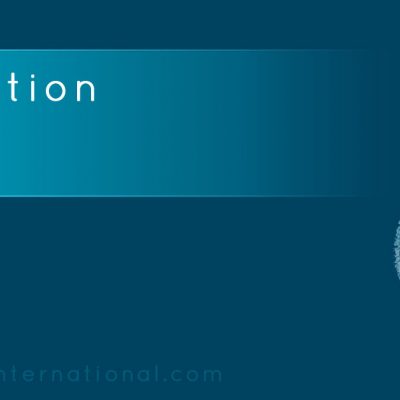
Years ago, working in Abuja, Nigeria, the organization we were working with, Management Strategies for Africa, provided us with the services of a driver. His name is Monday and he left a lasting impression on our lives. Monday grew up in a village, the oldest son of eight children. Growing up in a village meant very little income and thus a challenging life. He was fortunate, and also very driven, to get a job in the city. Although his dream was to be in the profession of accounting, he was grateful to get a job as a driver, to be given responsibility for a car, and for the people he was to drive around and to protect.
Monday, as most workers, did not live in the city, but in what is known as a satellite town. There, he shared a room with four other young men to save costs. Monday sent 80% of his paycheck back to his mom and dad so that there would be more money to take care of them and of his siblings. He felt it was a privilege to be able to do so, and he was grateful that he could. Nigeria is a country of many challenges as it is the largest black nation in the world, with a population of about 186 million, most under the age of 40 (40 is considered a long life), and about 80% of young men unemployed.
Monday, despite his own challenges, was nicely dressed and with a tie on, showing respect for his work. As we drove along, one of the lessons we learned from Monday was about attitude. He pointed out some people who were clearly homeless. He asked us ‘do you know what makes them poor?’. We did not know. He said ‘what makes them poor is that they think they are poor, they think that they have no power, they think they are victims.’ He went on to say that one is only poor if one thinks of themselves this way. I felt very humble at his words. When I met him, I thought he was poor and I felt sadness and sympathy.
When he spoke, I realized my error. What right did I have to think of him as poor when he did not perceive himself this way? What right did I have to align myself with the energy field, the morphic field of pity and sympathy…of the morphic field of perceiving him as a victim…when he did not see himself this way. I teach and write about morphic fields and I take care what morphic fields I align myself with. And yet, I fell into a trap of aligning myself with perceiving someone as a victim and thus as someone powerless to do something about their own situation. Monday taught me that he did have the power, and how important it is to see ourselves and our fellow humans as powerful, and not as victims.
I have thought about this quite a bit lately as I listen to the news and hear people take up causes for ‘victims’. And I wonder if this harms the people that might need our help just until they regain their own power. I wonder what difference could be made if we first and foremost perceived our fellow humans as having power to do something to help themselves. And did our supporting and helping from that perspective instead of the perspective of seeing them as victims.
I write about the power of morphic fields in The Genuine Contact Way: Nourishing a Culture of Leadership. Have you read this book yet?











G.Morawetz
The path between perceiving people as “rich” (and I am not talking about sole material aspects) being strong enough to get their life right on one side and “poor” victims who cannot help themselves on the other side seems narrow and winding to me.
e.g. having seen a refugee family with small children plus a granny in a simple wheelchair waiting to cross the border between Austria and Germany makes it likely those have not been the people being “poor” just because they perveive themselves as poor victims – thats relatively easy to understand.
On the other hand there are strong young men trying to find their way from middle east and Asia to Europe. Are they “poor” and need a helping hand, as I know a chap whose brother was killed just because being in military service of his country and now he – as the younger brother – was given the “choice” to find himself in front of a gun or with a gun in his hand to follow terror and share “his” part of murder, or are those mentioned young men “rich” in the way of just seeking a better future and should have stayed at home, as a part of the European population is believing?
Things are not easy to sort out and decide right away these days.
By the way – also your driver Monday seems to have perceived plus making up his decision by his perspective. How did he know exactly through the car window those homeless you have seen together were only poor because they have been thinking so of themselves?
I would believe the genuine way could be just to respect the human being standing face to face. The rest will turn out anyway.
Rachel Bolton
Thank you Dr. Morawetz. Indeed, things are not easy to sort out and decide about right away. I agree that the genuine contact way is one of respecting the human being face to face. I am personally understanding a deeper aspect of genuine contact and respect in these moments…to look into the eyes of the person and respect that no matter the circumstance, I will see them as a person of personal power…even if it is a flicker that remains. In seeing the person this way, rather than seeing them as a victim, I believe my attitude and approach will be different…as will the outcomes.